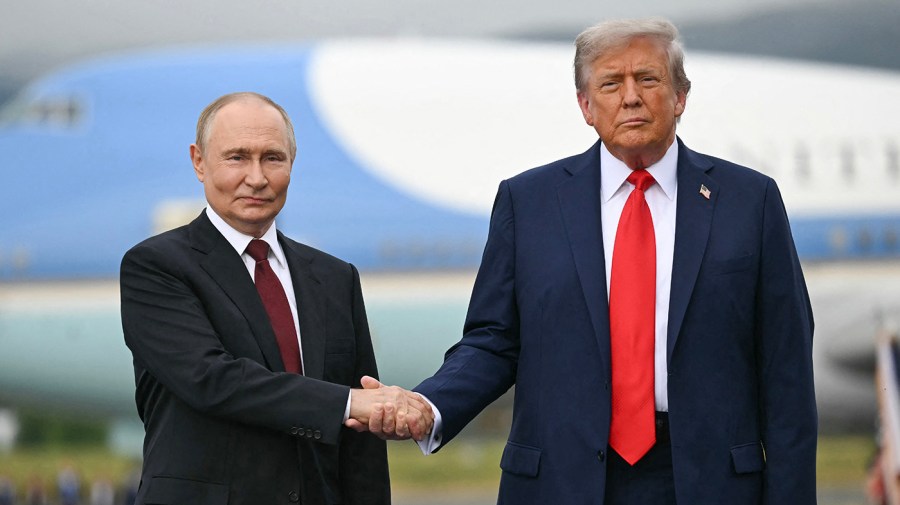U.S. officials reported a significant development following President Donald Trump’s recent summit with Russian President Vladimir Putin in Alaska. They claimed that Russia had agreed to consider “NATO-like” security guarantees for Ukraine as part of a broader peace agreement. This announcement created a wave of optimism regarding the long-standing conflict. However, just ten days later, skepticism has emerged regarding the validity of this commitment.
As discussions continue, Russian authorities are now insisting on an effective veto power over Ukraine’s foreign policy decisions, which has led many analysts to question the sincerity of Russia’s initial concessions. The shifting stance raises concerns that the proposed security guarantees may be more of a negotiating tactic than a genuine offer.
The U.S. administration had emphasized the importance of these security guarantees, viewing them as a potential breakthrough in the ongoing conflict that has embroiled Ukraine since 2014. U.S. officials expressed hope that this gesture could pave the way for a comprehensive peace deal, addressing both security concerns and the territorial integrity of Ukraine.
Nevertheless, the recent demands from Moscow suggest that the process may be more complex than initially anticipated. Russian officials are advocating for a framework that would allow them to influence Ukraine’s defense alignments and partnerships with Western nations. This stance contradicts the essence of the proposed NATO-like assurances intended to bolster Ukraine’s sovereignty and independence.
Analysts suggest that these developments indicate a broader strategy by Russia to maintain its influence in the region while simultaneously presenting itself as a cooperative partner in international negotiations. The implications of such a strategy could hinder progress towards a peaceful resolution, further complicating the already fragile situation in Eastern Europe.
Ukraine’s response has been one of cautious optimism mixed with skepticism. Officials in Kyiv are closely monitoring the situation, aware that any perceived concessions from Russia could have significant ramifications for their national security. The Ukrainian government has reiterated its commitment to pursuing alliances with NATO and other Western partners, despite the potential obstacles posed by Russia’s demands.
The international community remains watchful, as the dynamics of this situation could affect not only Ukraine but also the broader geopolitical landscape. As talks progress, the focus will likely shift to how both sides can navigate these complex issues and arrive at a mutually acceptable solution.
With the conflict in Ukraine persisting for nearly a decade, the stakes have never been higher. The potential for a peace deal, contingent on the nature of security guarantees, could reshape the future of the region. As of now, the optimism surrounding the initial announcement has been tempered by Russia’s latest demands, leaving many to wonder what the next steps will entail.
